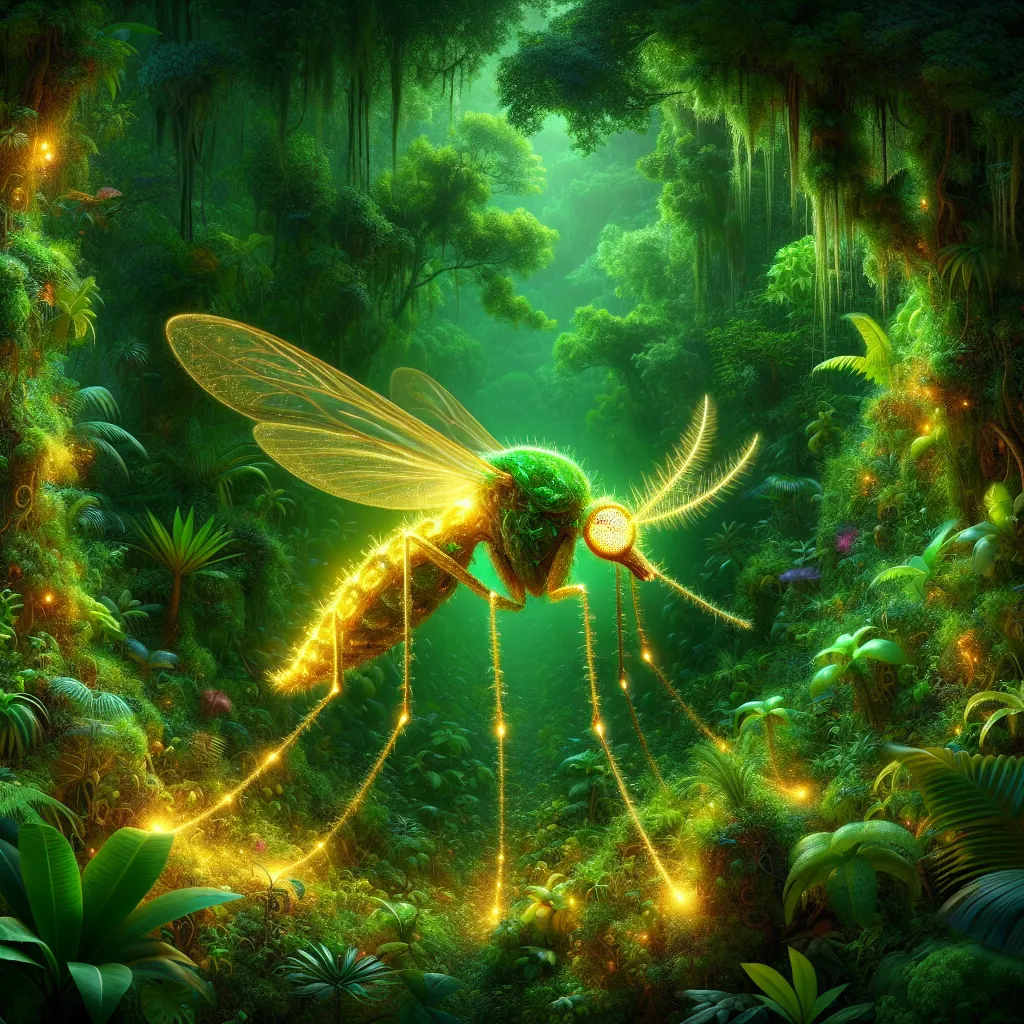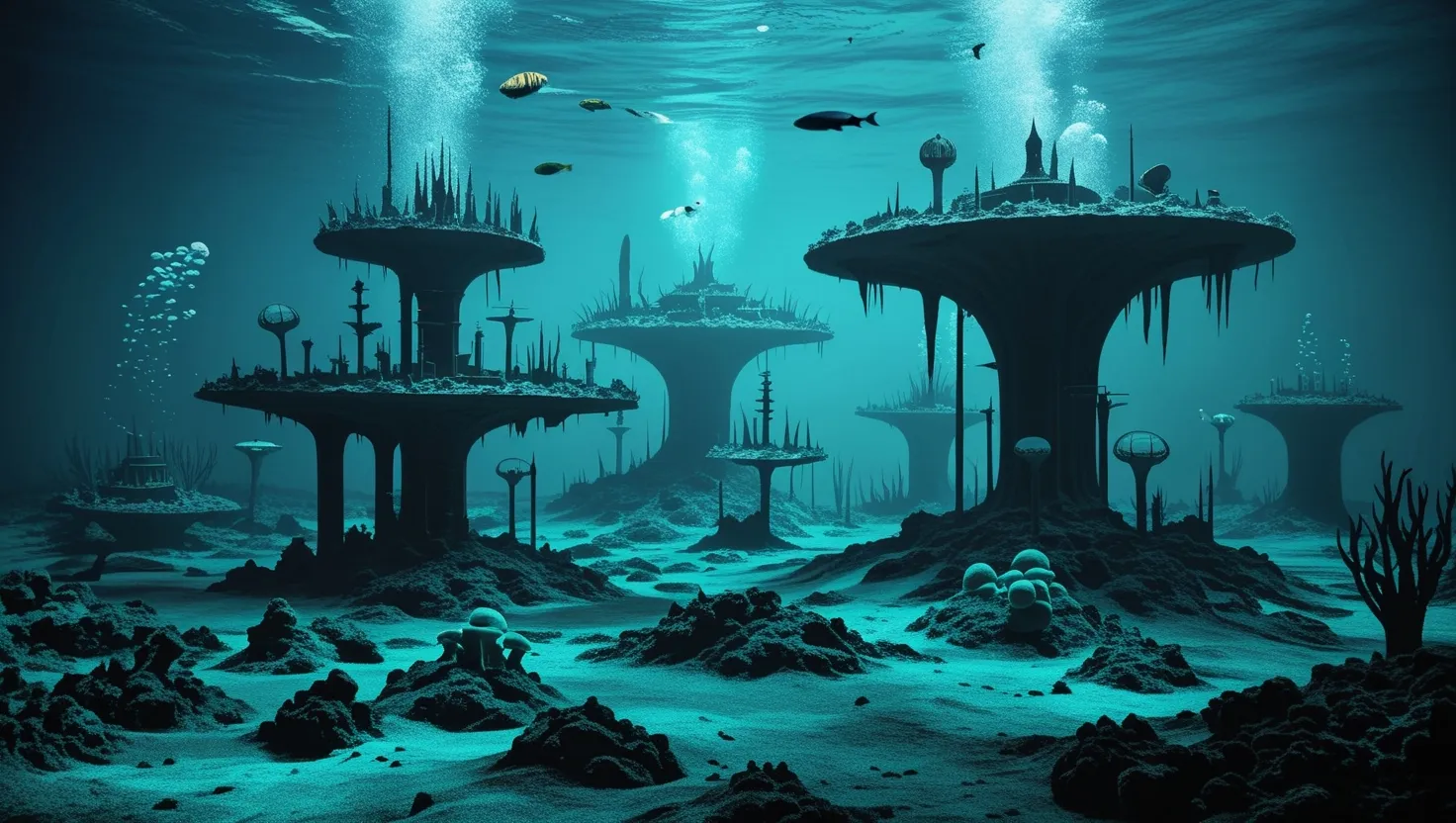Imagine a world where we could outsmart one of nature’s most lethal creatures - the mosquito. These tiny terrors have caused the deaths of billions, largely through the spread of Malaria. In 2015 alone, hundreds of millions were infected, and nearly half a million people didn’t survive. But what if genetic engineering could change this story forever?
Malaria stems from Plasmodia, single-celled parasites that rely on mosquitoes for survival. The infection starts with a simple bite. Once in the bloodstream, Plasmodia sneak into the liver, lie low, and then morph into a more dangerous form called merozoites. These sneak back into the bloodstream, attacking red blood cells and repeating a deadly cycle that causes severe flu-like symptoms. If these parasites reach the brain, it can lead to coma or death. Mosquitoes then carry these parasites to new victims, perpetuating the cycle.
In 2015, the Zika virus, which causes birth defects, also spread rapidly through mosquitoes. These insects have been perfect carriers of human diseases for millions of years, laying hundreds of eggs and remaining nearly impossible to eradicate. But there’s hope on the horizon: CRISPR.
CRISPR technology allows us to make fast and large-scale changes to the DNA of species. Scientists have already developed mosquitoes that are immune to the malaria parasite by adding an antibody gene. However, the challenge is spreading this gene widely enough. Traditional inheritance wouldn’t spread the gene quickly through the population. That’s where the gene drive comes in—it forces the new gene to dominate in future generations, ensuring that nearly all offspring carry the anti-malaria trait.
Releasing enough of these engineered mosquitoes into the wild could make malaria-carrying mosquitoes a thing of the past. Scientists believe this change could happen so swiftly that the parasites wouldn’t have time to adapt. With half a million children dying from malaria each year, the technology’s importance can’t be overstated.
So why haven’t we done this already? First, CRISPR is relatively new, and there are legitimate concerns. We’ve never altered the genetic code of free-living organisms on such a scale before. Any release is irreversible, so we must proceed with caution. Missteps could lead to unintended consequences. However, given the specific nature of the genetic changes proposed, the risks might be worth taking.
The debate continues, but the question remains: is it more unethical to delay using this technology when thousands die daily from malaria? Public discussion hasn’t kept pace with these scientific advances. Humanity faces a critical decision in the coming years.
What do you think? Should we forge ahead with genetic engineering to rid the world of malaria, or is the risk too great?






